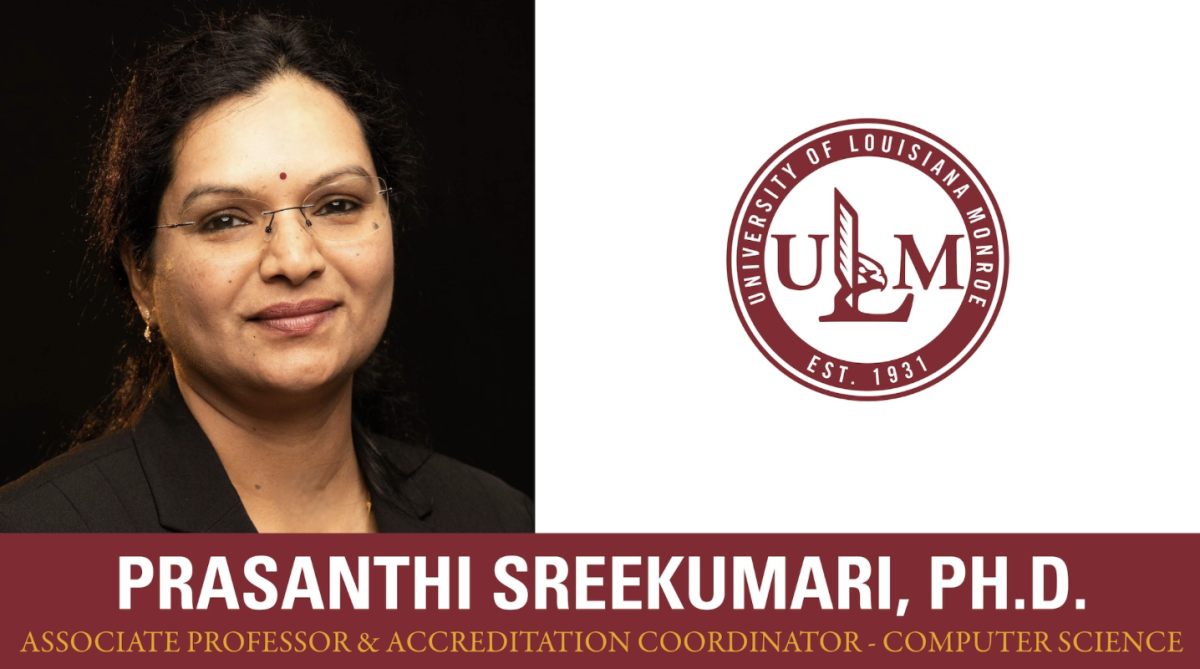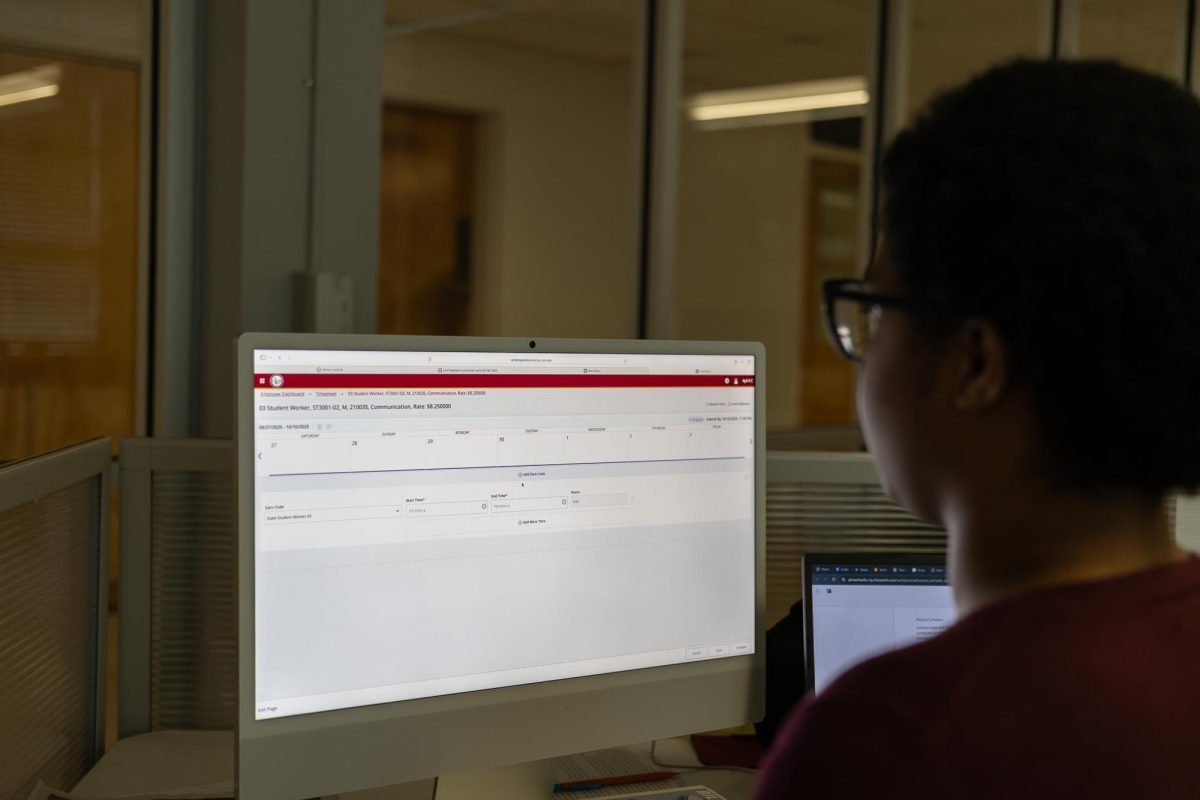To kick off Epilepsy Awareness Month, Cynthia Shirley, a freshman mass communication major, appeared on “Good Morning Ark- LaMiss” Tuesday and Wednesday, where she shared some information on epilepsy, a disease she has dealt with for years. Epilepsy is a disorder affecting the central nervous system and is characterized by mild or episodic loss of attention or sleepiness. Epilepsy can also be accompanied by seizures or convulsions.
Shirley did not suffer her first seizure until she was 16 and it has impacted her life greatly since then.
“I think it was particularly difficult because I know how life was before epilepsy and the side effects of medications,” she said. “I was not able to get my driver’s license until I was 18 and was only able to drive for a few months before I had another seizure.”
Shirley said her medicine makes her tired, and it is difficult to focus and study for classes.
“I am very easily agitated and suffer bouts of depression; all of which are side effects of my medication,” said Shirley.
Despite the struggles, Shirley has become a standout student. She is a member of ULM Scouts and works in the Office of University Advancement. Shirley also competed in this year’s Miss ULM pageant. She said even though she did not win, she had a blast and looks forward to doing it again next year.
With all the effects of epilepsy on the body as well as the side effects of medication, Shirley said she feels it is important to get involved and get people educated.
“I felt like [TV] would be a good opportunity to educate the public and to quell some of the misconceptions about epilepsy and seizure care,” said Shirley. “I want other people with epilepsy to know that they are not alone and that it is O.K. to talk about it.”
Shirley also stressed a need for more neurologists in Northeast Louisiana. The region currently has no epileptologists, a neurologist who specializes in epilepsy.
Shirley plans to start a support group and also to start an Epilepsy Foundation affiliate in Northeast Louisiana.
Shirley said she hopes the general public educates themselves and are more understanding of people struggling with the disease.
“People with epilepsy can do anything anyone else can do. Of course, we have to be a bit more careful, but we are just like everyone else,” she said.




